
DAVID R. COLLINS
WRITERS’ CONFERENCE
June 27-29, 2024
David R. Collins Writers’ Conference
Augustana College – Rock Island, IL
June 27, 28, and 29, 2024
(all times CDT)
The Quad City’s Longest Running Writing Event Returns to Augustana College!
MWC and The David R. Collins Writers’ Conference (formerly known as the Mississippi Valley Writers’ Conference) are thrilled return to the campus of Augustana College this summer, June 27-29. Featuring our stellar Conference Faculty (Chad Simpson, Darius Stewart, Sara Lupita Olivares, and Rebecca McKanna) leading three-day workshops, participating in a Community Conversation keynote event, holding a public reading, and a concluding luncheon.
Click here for online registration for the 2024 David R. Collins Writers’ Conference!
We will continue to offer scholarships to students, veterans/active duty service members, and those with financial need. Download a scholarship application for the DRC Writers’ Conference here. We offer scholarships to students, veterans/active duty service members, and those with financial need.
For more information please email MWC, or to register via phone,
please call MWC at 309-732-7330.
***
2024 David R. Collins Writers’ Conference
Course Descriptions, Faculty Bios, and Schedule
Fictional Forms: Short Fiction Workshop
Sorensen Hall, June 27-29, 8:45 – 10:15 a.m. each day
In this generative workshop, we will read and write stories that pretend to be something else — how-to-instructions; contributors’ notes; academic essays; indices — in order to explore the ways in which such fictions both act like the form they’re pretending to be and behave entirely differently.
Instructor Bio:
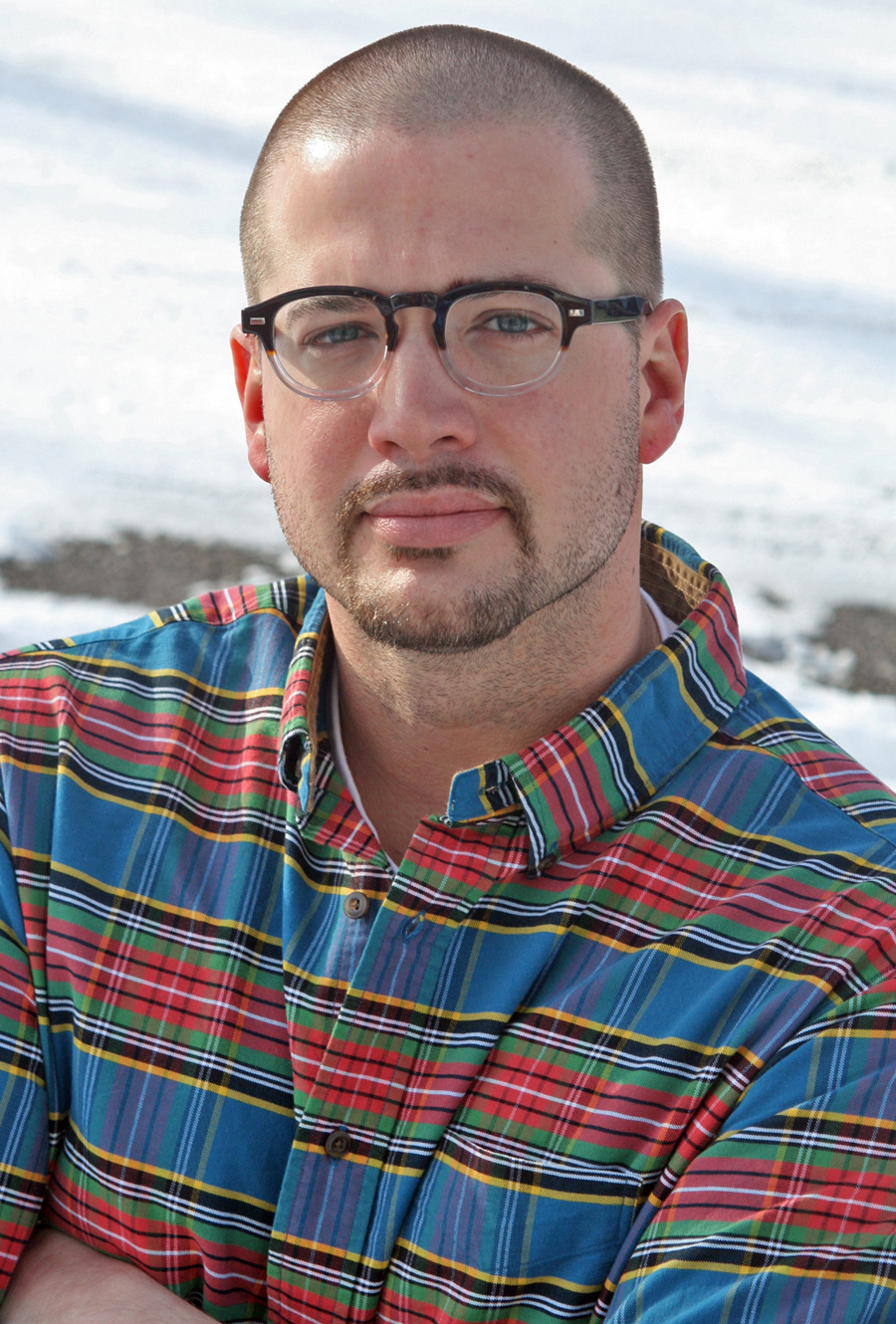
Chad Simpson is the author of Tell Everyone I Said Hi, which won the John Simmons Short Fiction Award and was published by the University of Iowa Press. His work has appeared in many print and online publications, including McSweeney’s Quarterly, Esquire, American Short Fiction, No Tokens, The Sun, and New Stories from the Midwest. He has received scholarships from the Bread Loaf Writers’ Conference and the Sewanee Writers’ Conference, as well as a fellowship from the Illinois Arts Council. He lives in Monmouth, Illinois, and is an Associate Professor at Knox College.
Mining Memory with Lyricism: Crafting Memoir through Lyric Essay
Sorensen Hall, June 27-29, 10:30 a.m. – 12:00 p.m. each day
In this workshop on the craft of memoir, we will embrace the lyric essay mode to understand how fragmentation and non-linearity can structure personal experiences that reflect the inherently non-chronological nature of memory, allowing us to discover the emotions, sensations, and images that resonate most deeply with us and use them as the foundation for our writing. What we will aim to achieve is captivating prose that transforms language through vivid imagery, evocatively musical syntax, and precise word choices to create an intimate and sensory experience for our readers.
Instructor Bio:
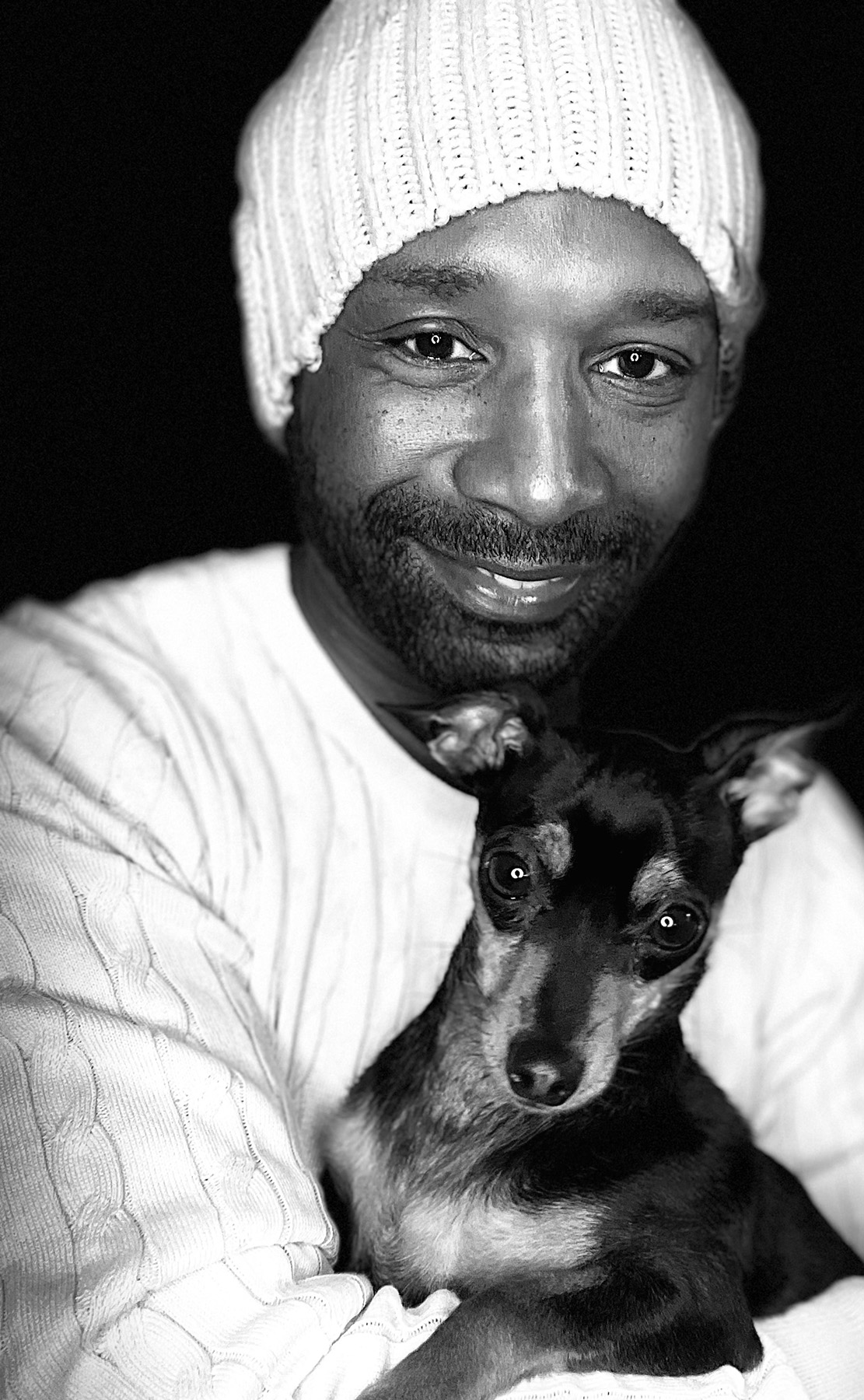 Darius Stewart is the author of Intimacies in Borrowed Light (EastOver Press 2022) and Be Not Afraid of My Body: A Lyrical Memoir (Belt Publishing 2024). His poetry and creative nonfiction appear or are forthcoming in The Arkansas International, Brink, The Brooklyn Review, Callaloo, Cimarron Review, Fourth Genre, Gargoyle, Meridian, The Potomac Review, Salamander, storySouth, Verse Daily, and others. Darius received an MFA in poetry from the Michener Center for Writers at the University of Texas at Austin (2007) and an MFA from the Nonfiction Writing Program at the University of Iowa (2020). In 2021, the East Tennessee Writers Hall of Fame honored him with the inaugural Emerging Writer Award. He is currently a Lulu “Merle” Johnson Doctoral Fellow in English at the University of Iowa. He can be reached at dariusantwan.com.
Darius Stewart is the author of Intimacies in Borrowed Light (EastOver Press 2022) and Be Not Afraid of My Body: A Lyrical Memoir (Belt Publishing 2024). His poetry and creative nonfiction appear or are forthcoming in The Arkansas International, Brink, The Brooklyn Review, Callaloo, Cimarron Review, Fourth Genre, Gargoyle, Meridian, The Potomac Review, Salamander, storySouth, Verse Daily, and others. Darius received an MFA in poetry from the Michener Center for Writers at the University of Texas at Austin (2007) and an MFA from the Nonfiction Writing Program at the University of Iowa (2020). In 2021, the East Tennessee Writers Hall of Fame honored him with the inaugural Emerging Writer Award. He is currently a Lulu “Merle” Johnson Doctoral Fellow in English at the University of Iowa. He can be reached at dariusantwan.com.
Obscured Environments: A Generative Poetry Workshop
Sorensen Hall, June 27-29, 1:45 p.m. – 3:15 p.m. each day
Poet Brenda Hillman writes, “everything has a border doesn’t it? the edge where light can not get in/ until joy knows the original wound.” Throughout this generative workshop, we will examine the ways that our environments have shaped our ways of seeing, memories, dreams, and our ideas of the self. We will explore our connections to our landscapes and environments, as well as moments where we may feel distanced, or even alienated from them. In looking to the natural world, we will question the borders that exist around us that we have put in place, as well as the borders that have been put in place before us.
During this workshop, we will have the chance to explore personal and familial relations to place, in addition to the cultural and historical pasts they may be embedded. We will work to look directly at what is physically there, as well as what is unknown and even unseeable. In this way of seeing, we will follow Gloria Anzaldúa’s statement that, “The reasoning mind’s reality is not higher than the imagination’s.” This workshop will involve various writing activities, as well as opportunities to share the work written in this space with one another.
Instructor Bio:
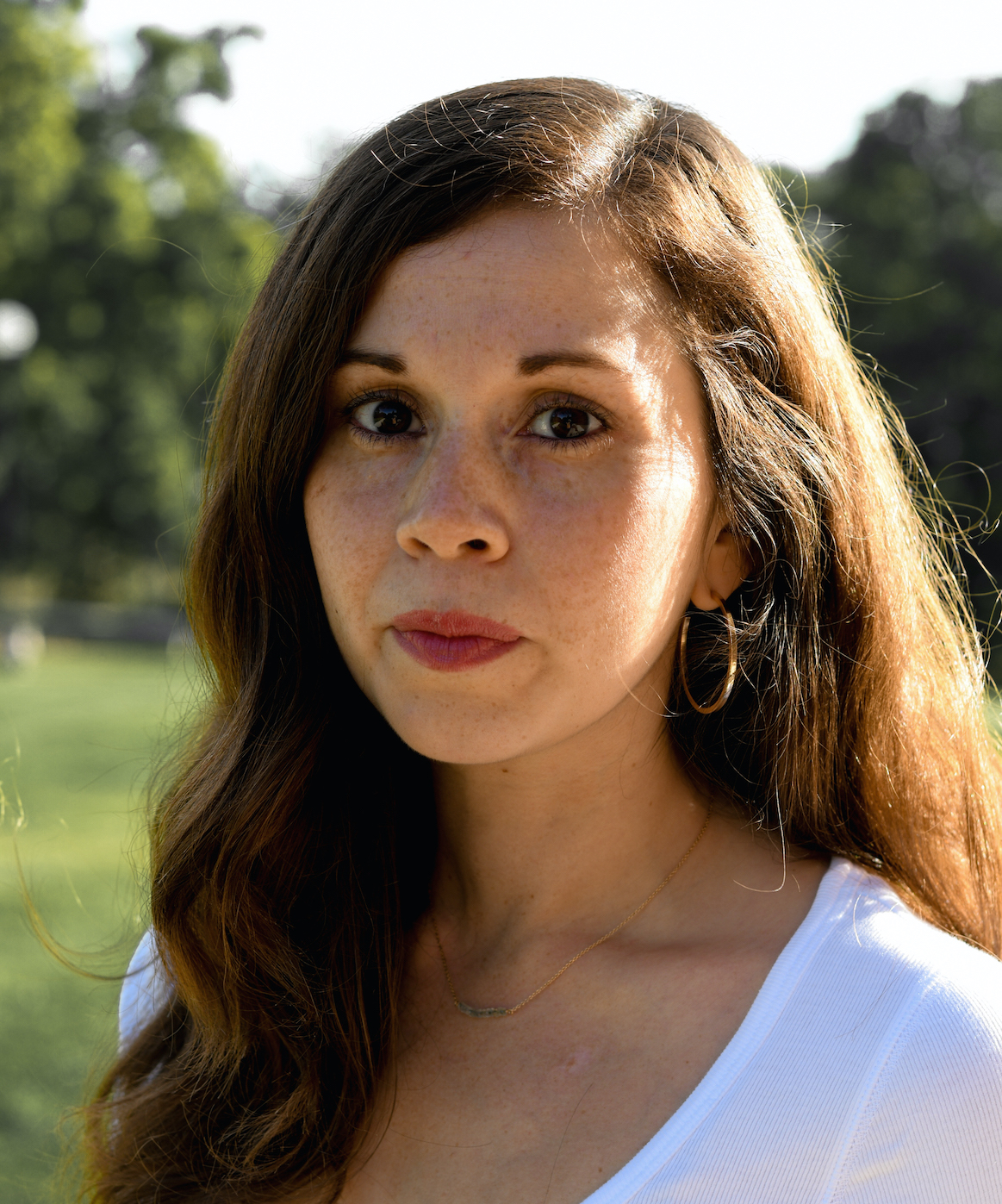
Sara Lupita Olivares is the author of Migratory Sound (The University of Arkansas Press), which was selected as winner of the CantoMundo Poetry Prize, and the chapbook Field Things. Her poems have appeared or are forthcoming in The New York Times, Black Warrior Review, Salt Hill Journal, Fugue, The Colorado Review, and elsewhere. She has received support from the Vermont Studio Center. Currently she lives in the Midwest and is an assistant professor of English at the University of Illinois Springfield.
Revising a Novel Draft by Draft
Sorensen Hall, June 27-, 3:30 – 5:00 p.m. each day
Have you written a draft of a novel but struggle to know where to begin with revision? Have you started drafts of your novel but always bogged down in the messy middle? In this class, you’ll learn how to go from “discovery draft” to polished manuscript. Through a mix of lecture, examples, discussion, and in-class exercises, you’ll develop a stronger sense of direction for your novel-writing project and more confidence in your own writing process.
Instructor Bio:
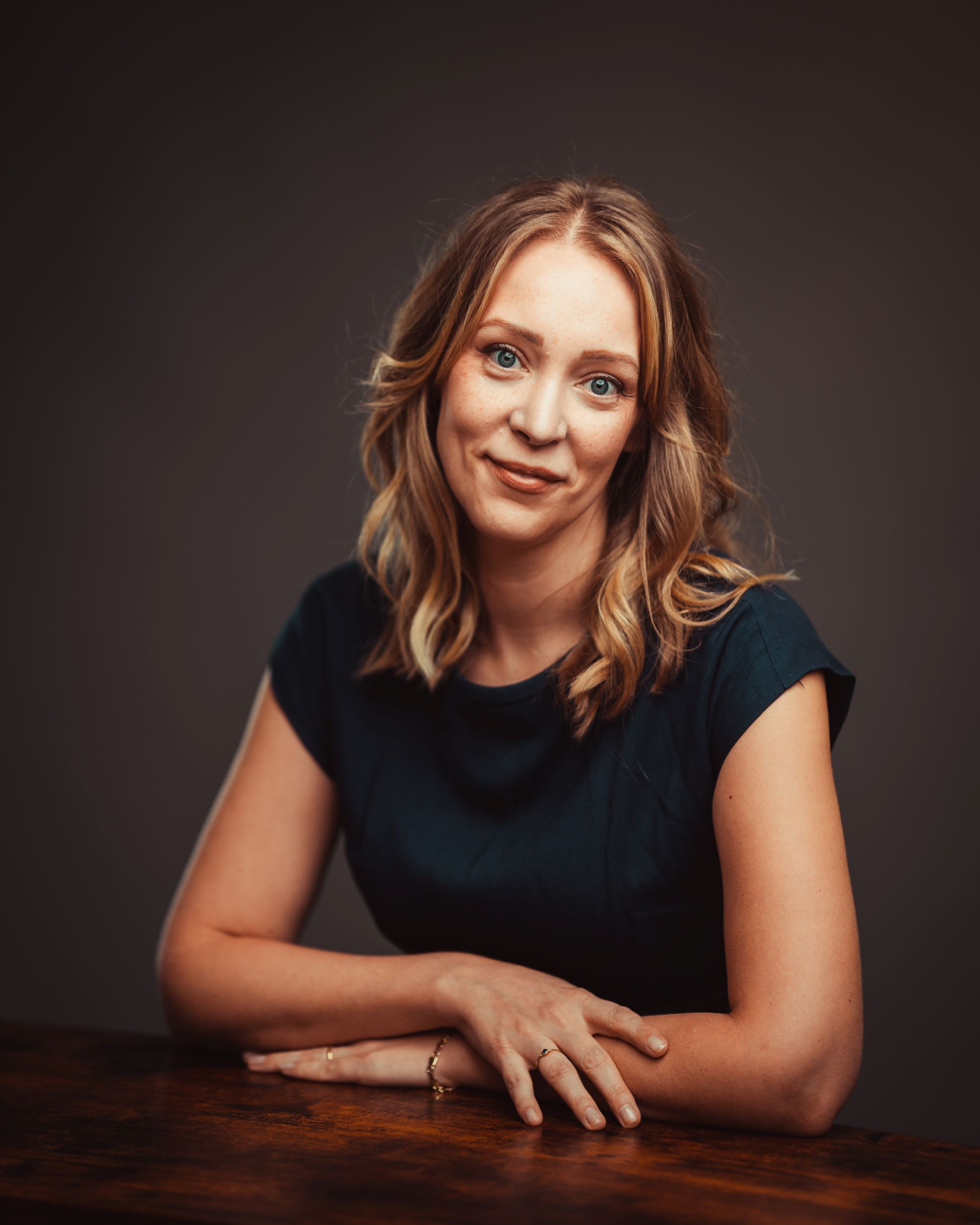 Rebecca McKanna was born and raised in Iowa. Her debut novel, Don’t Forget the Girl, was published by Sourcebooks Landmark in June. Her short stories have been anthologized in The Best American Mystery Stories 2019 and recognized as distinguished in The Best American Short Stories 2019. She has been published in Colorado Review, Michigan Quarterly Review, The Rumpus, McSweeney’s Internet Tendency, Third Coast, Joyland, and as one of Narrative’s Stories of the Week, among other publications. She is an associate professor of English at the University of Indianapolis.
Rebecca McKanna was born and raised in Iowa. Her debut novel, Don’t Forget the Girl, was published by Sourcebooks Landmark in June. Her short stories have been anthologized in The Best American Mystery Stories 2019 and recognized as distinguished in The Best American Short Stories 2019. She has been published in Colorado Review, Michigan Quarterly Review, The Rumpus, McSweeney’s Internet Tendency, Third Coast, Joyland, and as one of Narrative’s Stories of the Week, among other publications. She is an associate professor of English at the University of Indianapolis.
Keynote Event, Faculty Reading & Open Mic, Manuscript Critiques, MWC Press Pitches
Keynote Event: Community Conversation featuring Writers’ Conference Faculty
Thursday, June 27, 6pm – 8pm, Figge Art Museum (225 W. 2nd St., Davenport, IA)
Public Reception at 6pm, Keynote Event at 7pm – free and open to the public
For this year’s keynote event, the Conference faculty will start a conversation MWC will be continuing in a series of events thought the year by responding to a simple question: Why is writing important?
They will give their individual responses, to begin a conversation among themselves, and then we’ll invite attendees to join via Q & A. The event will start with a reception from 6-7pm, and the Community Conversation will start at 7pm.
***
Conference Faculty Reading and Participant Open Mic
Friday, June 28 at Rozz-Tox (2108 3rd Ave. Rock Island, IL)
Social at 6pm, Faculty Reading at 7pm, Participant Open Mic at 8pm – free and open to the public
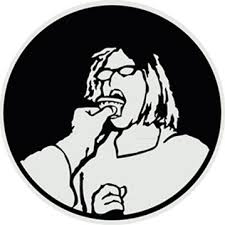 Join us at Rozz-Tox to hear Conference faculty reading their work. Followed by an open mic for Conference participants. Free and open to the public.
Join us at Rozz-Tox to hear Conference faculty reading their work. Followed by an open mic for Conference participants. Free and open to the public.
***
Manuscript Critiques from CWC Faculty
Dates and times will be scheduled during the Conference
Augustana College
Conference faculty offer a limited number of manuscript critiques. Please not the difference in manuscript lengths/requirements, duration of critique meetings, and pricing for critique sessions with each instructor. Prices set by instructors, and 100% of fees for critiques go to the instructor. You may submit up to 10 pages of a manuscript by June 10th to be critiqued by a faculty member of your choice. The critique time will be mutually agreed in advance of the conference upon during the conference.
Chad Simpson: 45 minute meeting, 30 double-spaced pages, $75.
Darius Stewart: $.02 per word for manuscripts of up to no more than 60,000 words. (please contact MWC for payment options: mwc@mwcqc.org)
Sara Lupita Olivares: 10 pages for $100 for up to 10 people.
Rebecca McKanna: manuscript critiques not available
***
Book Pitches – Times will be scheduled during the Conference
Dates and times will be scheduled during the Conference
Sorensen Hall, Augustana College
Ten minutes to pitch your book to a panel from MWC Press. Pitch times will be scheduled with authors in advance of the Conference. Cost is $15, and pre-registration is required.
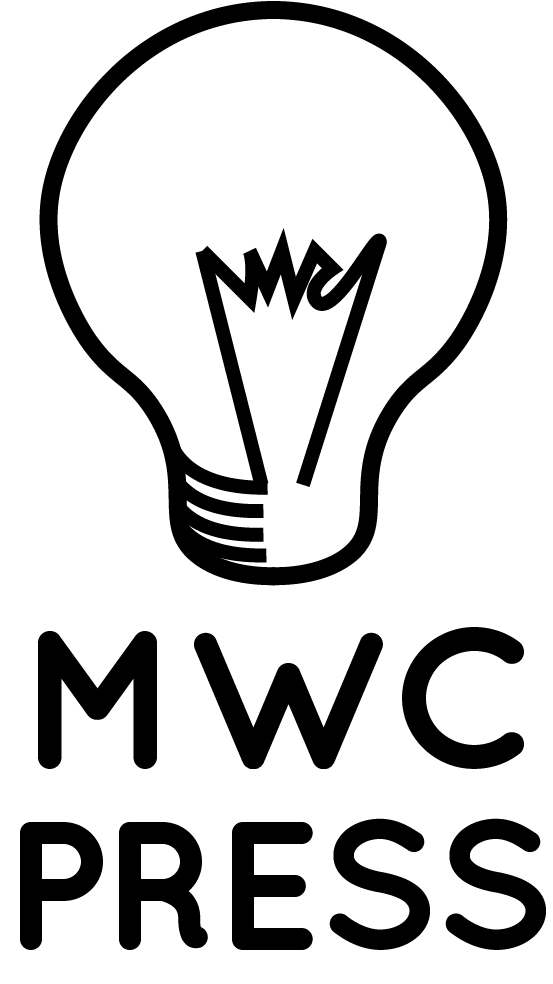 MWC Press: The panel requests each author bring a one-page summary of their pitch—brief synopsis of the manuscript, brief author bio/other publications, brief outline of marketing ideas/strategy, etc. The panel will take these summaries and their input from the pitch sessions back to the MWC Board of Directors and related committees to make a final decision. Authors whose work advances through this process may be asked to provide more detailed information.
MWC Press: The panel requests each author bring a one-page summary of their pitch—brief synopsis of the manuscript, brief author bio/other publications, brief outline of marketing ideas/strategy, etc. The panel will take these summaries and their input from the pitch sessions back to the MWC Board of Directors and related committees to make a final decision. Authors whose work advances through this process may be asked to provide more detailed information.
***
Concluding Luncheon
Saturday, June 29, 12-1 p.m. at Wilson Center, Augustana College
Conference sponsors will be recognized, and the faculty will reflect on their workshops over a catered lunch. Cost is included with your Conference Registration fee, or $15 for MWC members without paid registration fee, and $20 for non-MWC members without paid registration fee. Please confirm or register on or before June 20
***
Please call Ryan Collins at (309) 732-7330 to register over the phone today, or email him at mwc@midwestwritingcenter.org for more information.
***
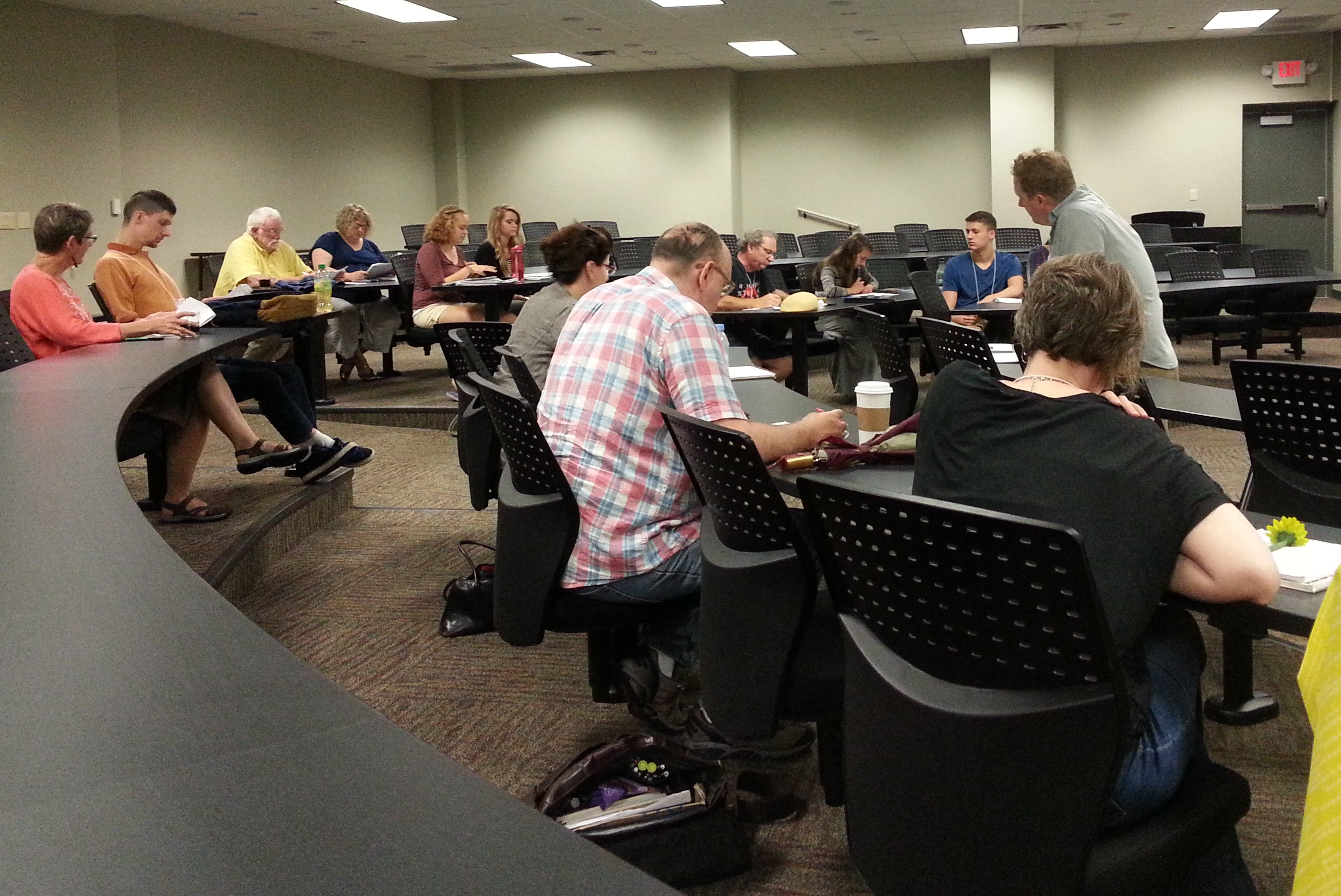
******
Conference Sponsors:
Modern Woodman of America,
Founding Sponsor of the David R. Collins Writers’ Conference

The Figge Art Museum

Augustana College
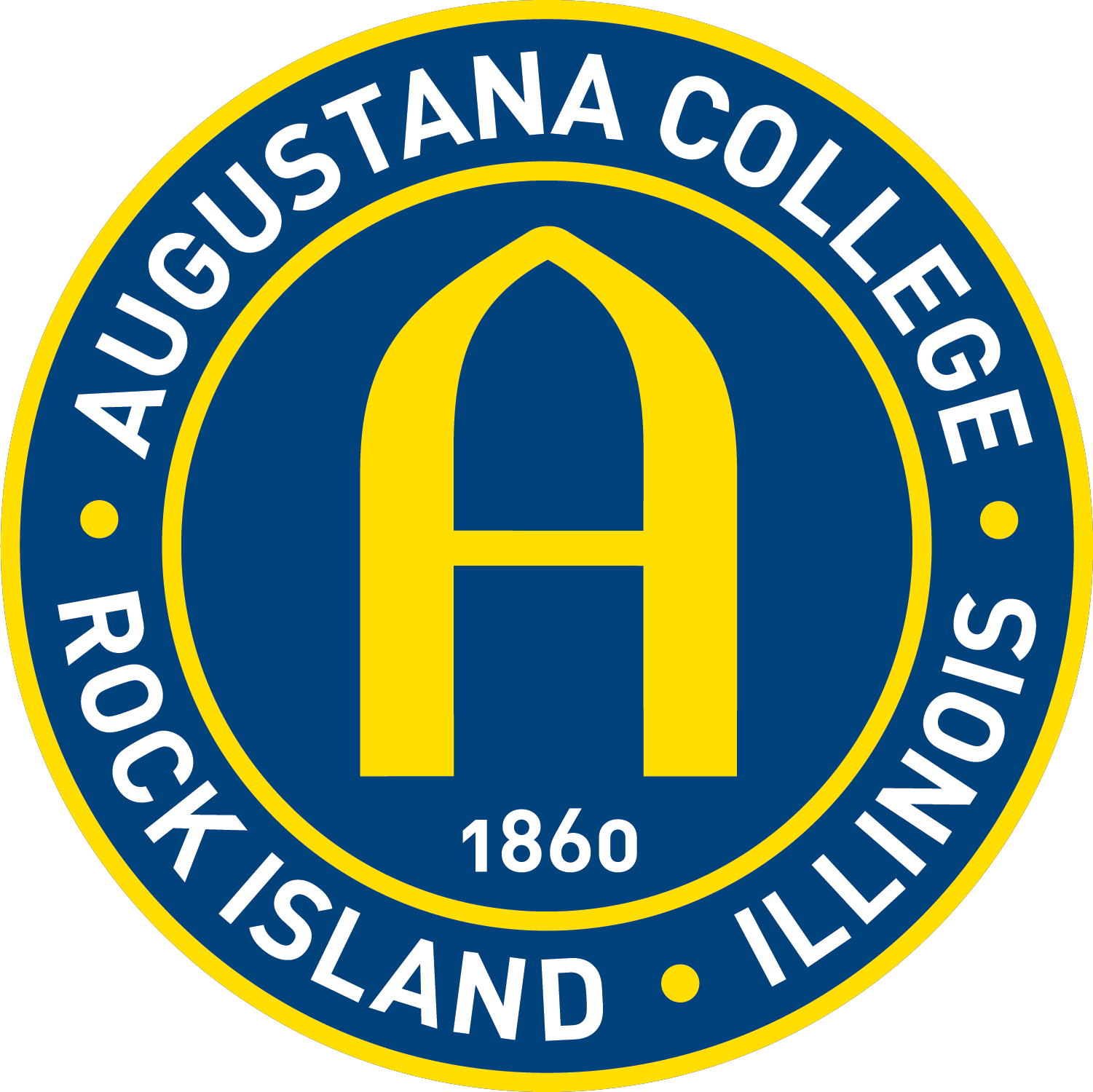
Illinois Arts Council
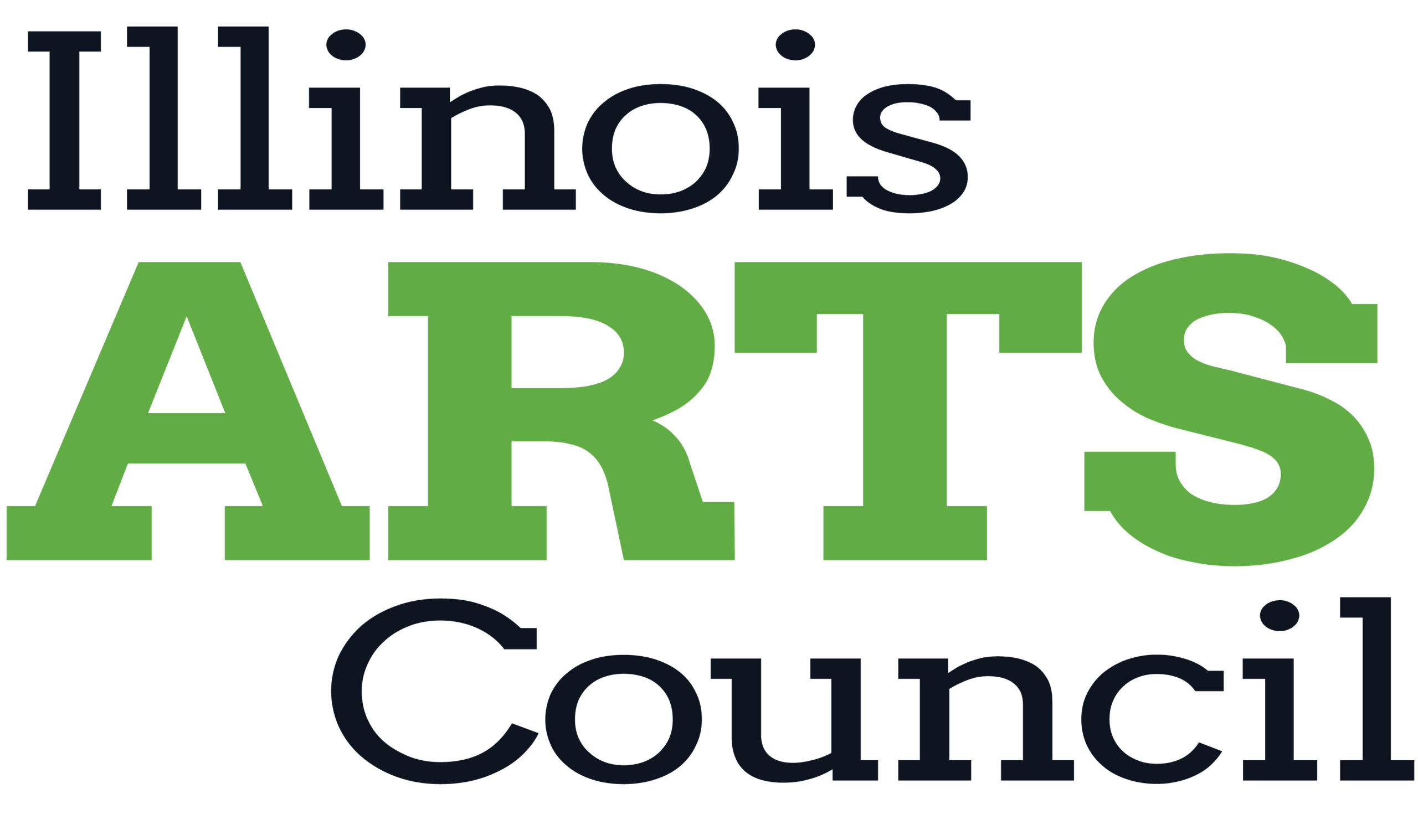
Rock Island Public Library
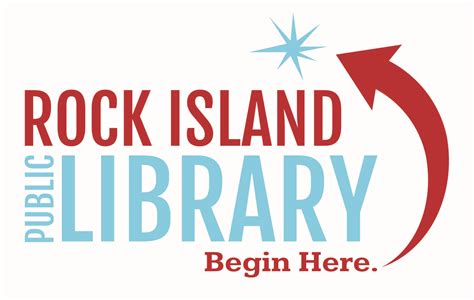
Rozz-Tox
